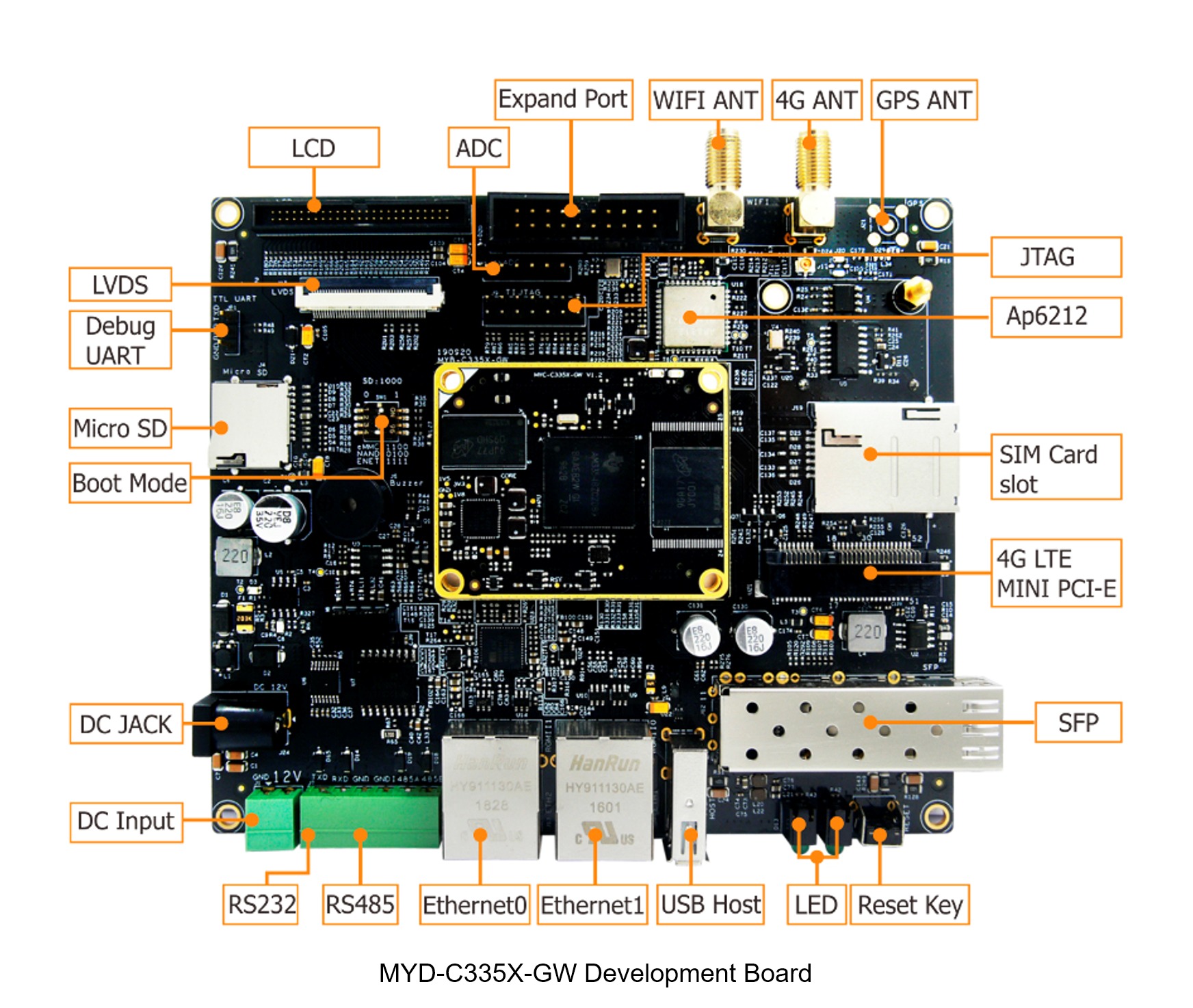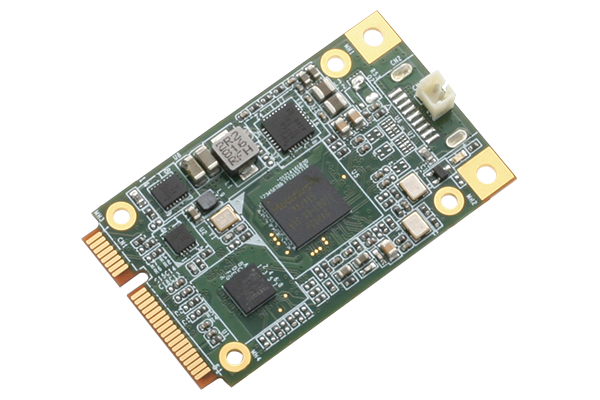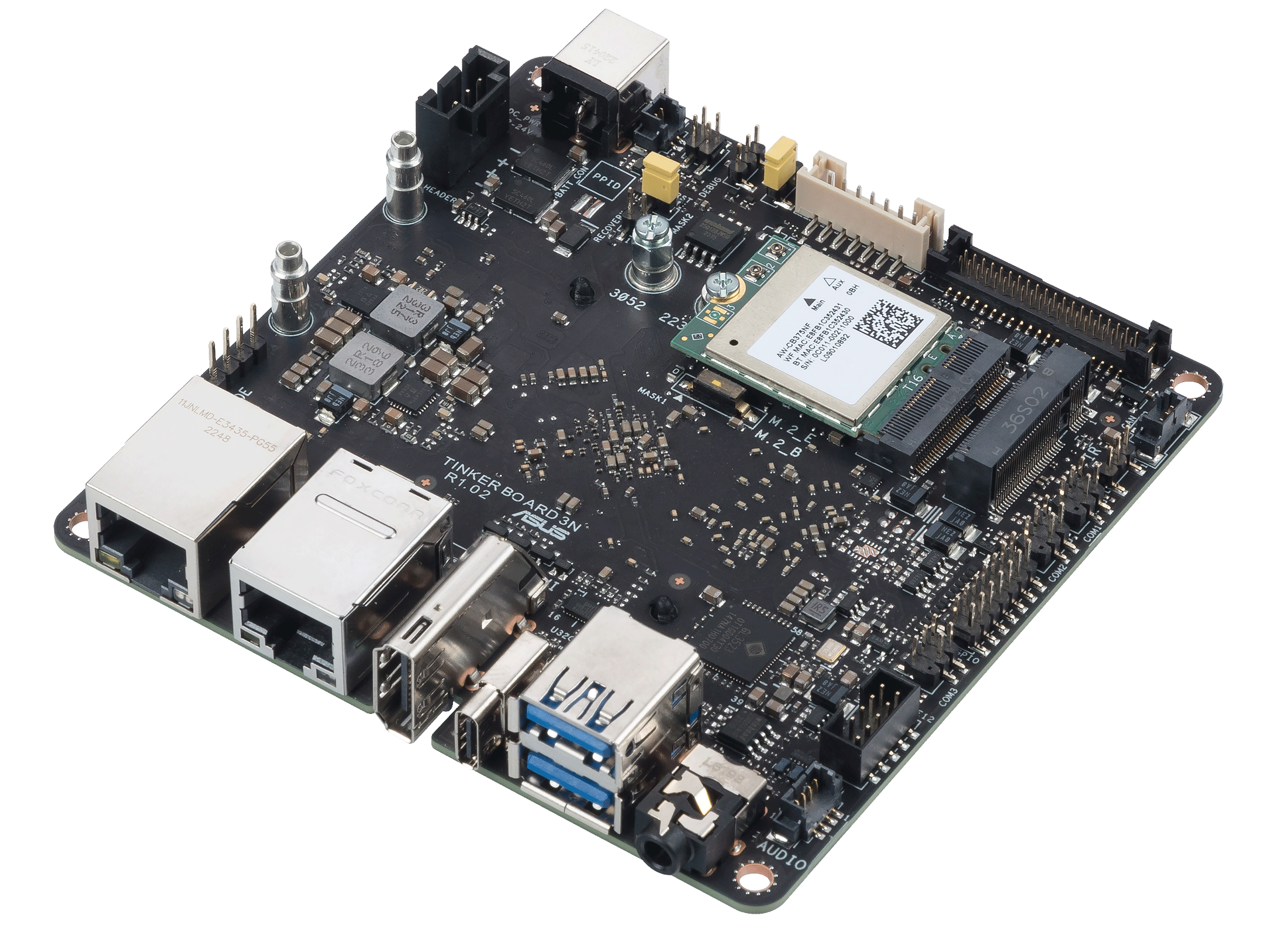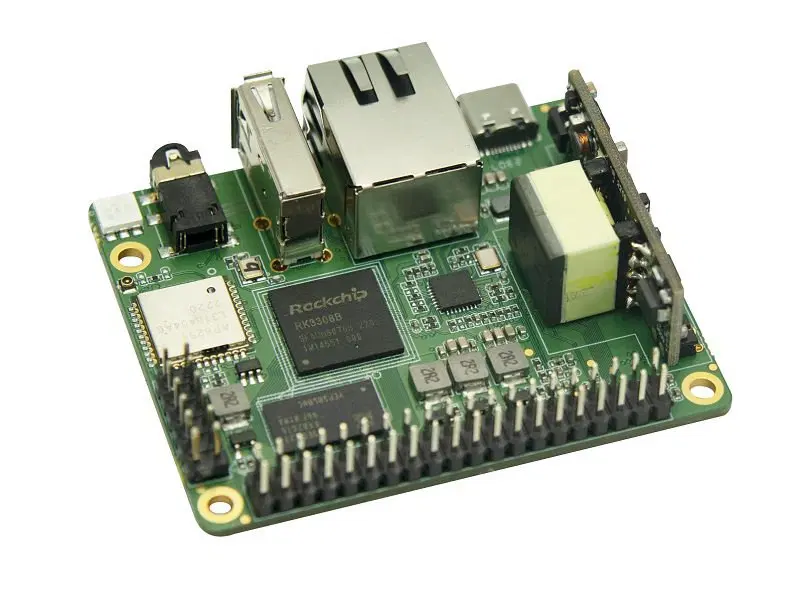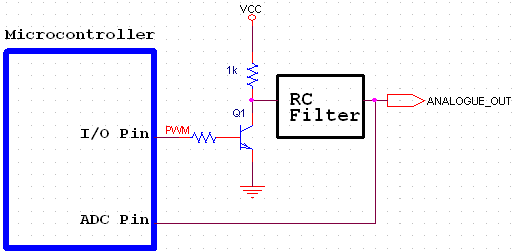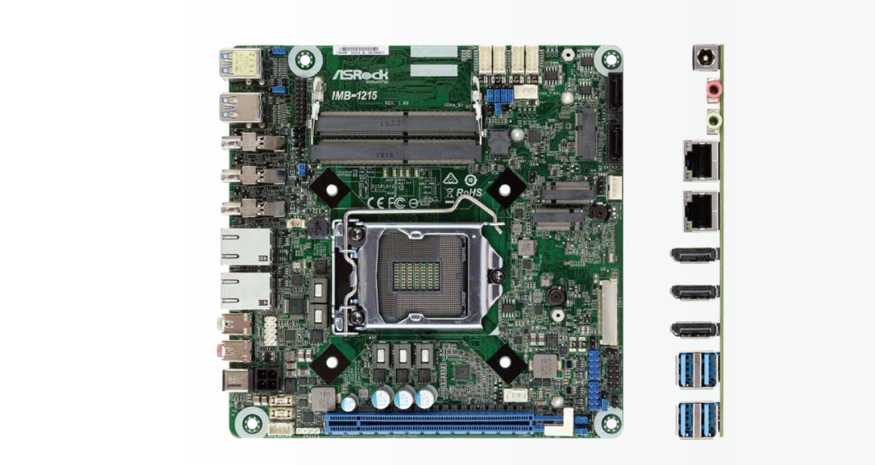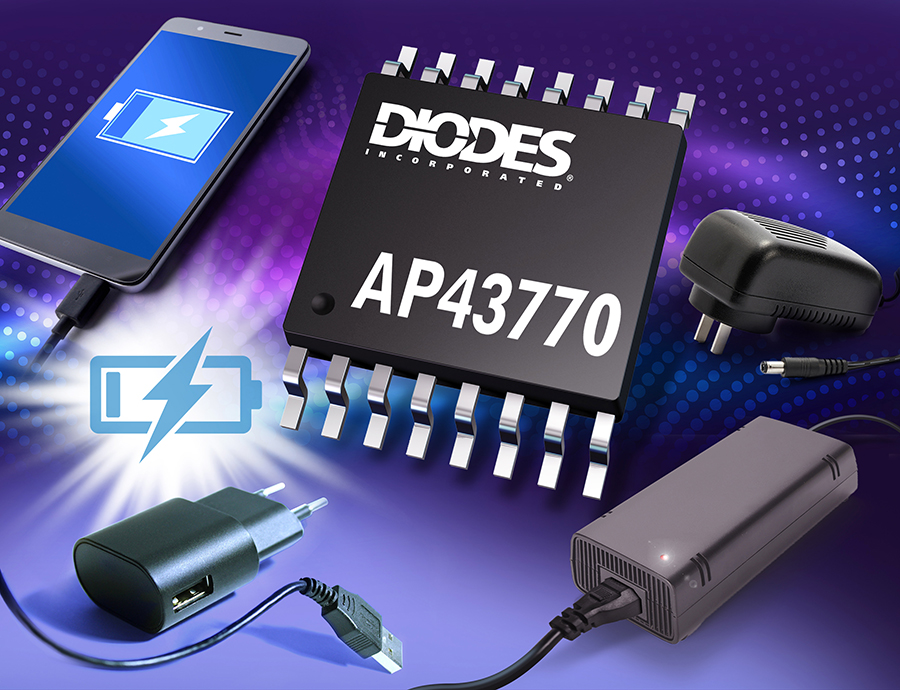
USB PD Controller from Diodes Supports Standard and Proprietary Protocols for Power Delivery
Diodes Incorporated announced the introduction of the AP43770 USB Type-C™ power delivery (PD) controller, a highly integrated solution for implementing PD over USB in fixed and portable devices, and offline power adapters. The AP43770 is well-suited to a range of applications where USB PD is implemented, including AC adapters, power hubs, battery banks, and USB PD converters. It features an embedded microcontroller running firmware compliant with the latest USB Type-C specification and USB PD Revision 3.0 V1.1. Support for Qualcomm® Quick Charge™ (QC) 4/4+ is built into the device. Additionally, the inclusion of QC3.0, QC2.0, and Battery Charging (BC) revision 1.2 and other legacy protocols with auto-detection means that backwards compatibility can be maintained with existing equipment.
The programmable power supply (PPS) feature, introduced with the latest version of the USB PD specification, is also supported by the AP43770. The PPS feature allows the output voltage to vary based on the load requirements; this is communicated using a relevant augmented power data object (APDO). Support for PPS with APDO is implemented in the AP43770 through a constant current and constant voltage (CC/CV) output driver that is adjustable in 50mA steps up to 6A, and 20mV steps between 3V and 20V, respectively.
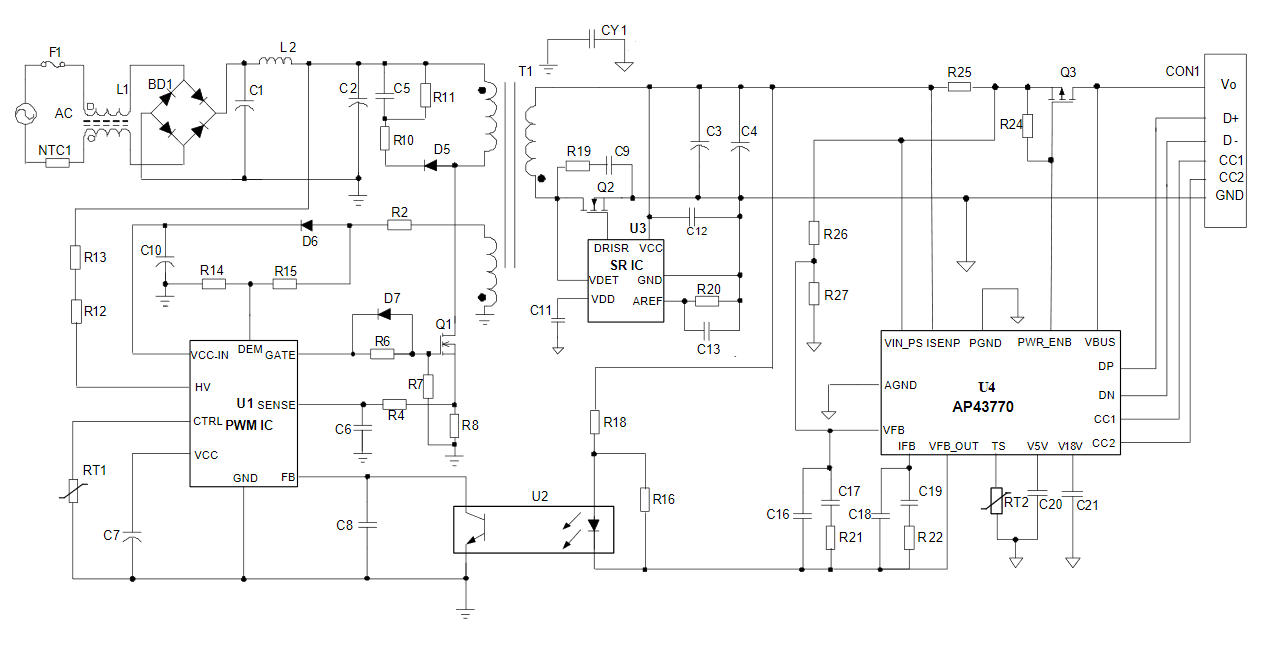
As USB PD has the potential to deliver high levels of power, the USB eMarker feature is increasingly applied to active cables. The AP43770 includes the necessary support for eMarker technology, in order to detect and identify cables before power is delivered. Cable compensation is also supported.
When coupled with a suitable PWM controller, such as Diodes’ AP3108L, the AP43770 provides a total PD solution. It also features up to 8kb of OTP (for main firmware code) or MTP (for user configurable parameters). MTP memory can be used to set up power specification and protocol options to the manufacturer’s requirements.
The AP43770 is available in the space-saving TSSOP-16 package. Further information is available at www.diodes.com.




